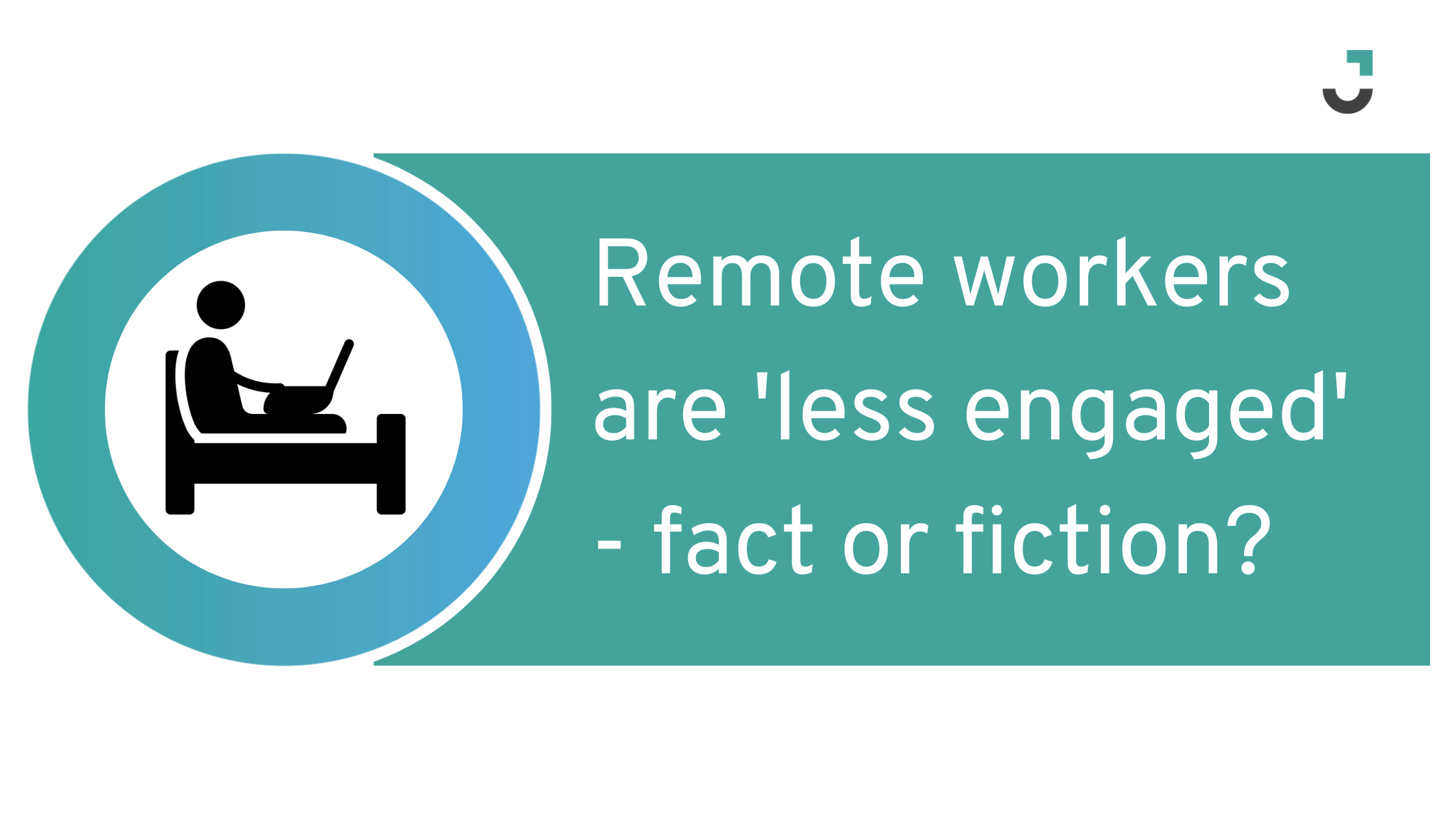The CEO of office space rental business WeWork, Sandeep Mathrani, recently stated that the least engaged employees were more likely to continue working remotely. There was naturally considerable backlash to this statement – it is no secret WeWork needs people to return to the office to both validate their business model and remain in business. I decided to look at the studies and allow the findings to decide whether the comment was simply self-serving or data-driven.
There is plenty of data since working from home has been a hot topic. Before the pandemic, there was skepticism about how effective the workforce could actually be if they were allowed to essentially work from anywhere. In fact, pre-pandemic only 5% of the US labor force, for example, worked remotely. During the pandemic that number shot up to over 60%.
One of the largest remote work studies was conducted by Great Place to Work, which consisted of analyzing 715 companies, the majority of which were Fortune 500, and more than 800,000 employee responses over the course of two years – starting in March 2019 and continuing on through the pandemic. The results were very clear: comparison of 2019 to 2020 showed a tangible lift in the productivity of the employees for these companies. Specifically, between May 2019 and May 2020 there was an increase of 13% in productivity.
As a business owner myself, anyone in my organization who can show me how to easily achieve a 13% lift in anything, let alone productivity, has my full, undivided attention. But what did the companies attribute this significant increase to? Seemingly obvious, practical things – by removing the morning commute, workers had more time to focus on getting the job done. Or that unnecessary meetings and distracting office conversations no longer happened, which meant workers could again get more work completed without interruption.
Interestingly, the study found that if productivity was negatively impacted and arguably employee engagement was also negatively affected, this actually was caused by poor leadership and management. Workers became less effective and engaged when there was a material failure in the leadership of the company. Instead of putting blame for lack of engagement on the employee, any good leader knows that issues with the team generally stem from bad management and leadership. It would have been better than the blanket statement that working remotely demonstrates a lack of employee engagement, especially when the data concretely shows this is not the case.
A study from social media management app Buffer found 90% of workers who work remotely plan to do so for the rest of their careers. This figure alone should make any company – planning on forcing their employees to return to the office against their will – rethink that decision, especially since it could potentially make them far less competitive in the hiring market when securing talent.
The bottom line
Companies that allow workers to choose whether to work from home or the office have seen a 10% increase in staff retention, which is a tangible boost to both engagement and productivity. With that in mind, while looking at the data, we can see that remote workers have been 13% more productive year to year and that the majority of remote workers wish to continue working from home. Allowing them to do so could increase staff retention.
The data is abundantly clear: allowing employees to work remotely and have the flexibility to choose what works best for them is key to having the most engaged workforce. Or, as should be no surprise, happy employees are the most engaged.
Original Article Found Here
Original Author: Arran Stewart, Chief Visionary Officer and Co-Founder of Job.com
Job.com is a digital recruitment innovator with a unique perspective: Delivering technology and capabilities that shake up the market by bringing together a data-driven approach based in AI and machine learning with high-level, human-capital-delivered solutions, designed to efficiently attract and retain the right talent and provide consumer-level user experiences throughout the hiring process.


